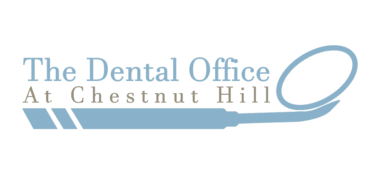Did you know that nearly 9,000 people will die from oral cancer this year? While oral cancer may not be the most prevalent form of cancer, it is certainly a major concern with regard to your oral health near Newton . Unfortunately, awareness surrounding oral cancer, its risk factors, and its treatment is abysmally low. Since April is oral cancer awareness month, here is a bit of what you need to know about the disease, its screening, and its prevention or treatment.
 What is Oral Cancer?
What is Oral Cancer?
Oral cancer is any cancer that involves the mouth and its components, including the lips, tongue, and the hard and soft tissues of the oral cavity. It is categorized in head and neck cancers. Men are more likely to develop oral cancer than women, but it can occur in any gender, age, and ethnicity group.
How is Oral Cancer Detected?
Oral cancer screenings are a painless, non-invasive procedure that can be performed in minutes right in your dentist’s chair. You’ll swish a special rinse inside your mouth for a few minutes, then your dentist will use a special light to look for abnormal tissue. Any potentially cancerous areas will fluoresce under the light. If abnormal tissue is discovered, your dentist will likely recommend a biopsy as the next step. Screenings can be done at your regular hygiene appointments, so ask your dentist about adding this important procedure to your treatment plan.
Can You Prevent Oral Cancer?
Many of oral cancer’s risk factors are lifestyle choices that can be changed to reduce your risk. Tobacco use, for example, increases your oral cancer risk dramatically, but quitting can go just as far to reduce your risk . Maintaining a healthy diet and fitness regimen can also aid in prevention.
How is Oral Cancer Treated?
The treatment for oral cancer will depend on its exact location, how deep it is, how far it has progressed, and other variables. The good news is that the long-term survival rate for oral cancer that is caught and treated early is favorably high. If you have further questions about any aspect of oral cancer, talk to your dentist today. In the meantime, spread the word about the importance of oral cancer screenings and help raise awareness!







